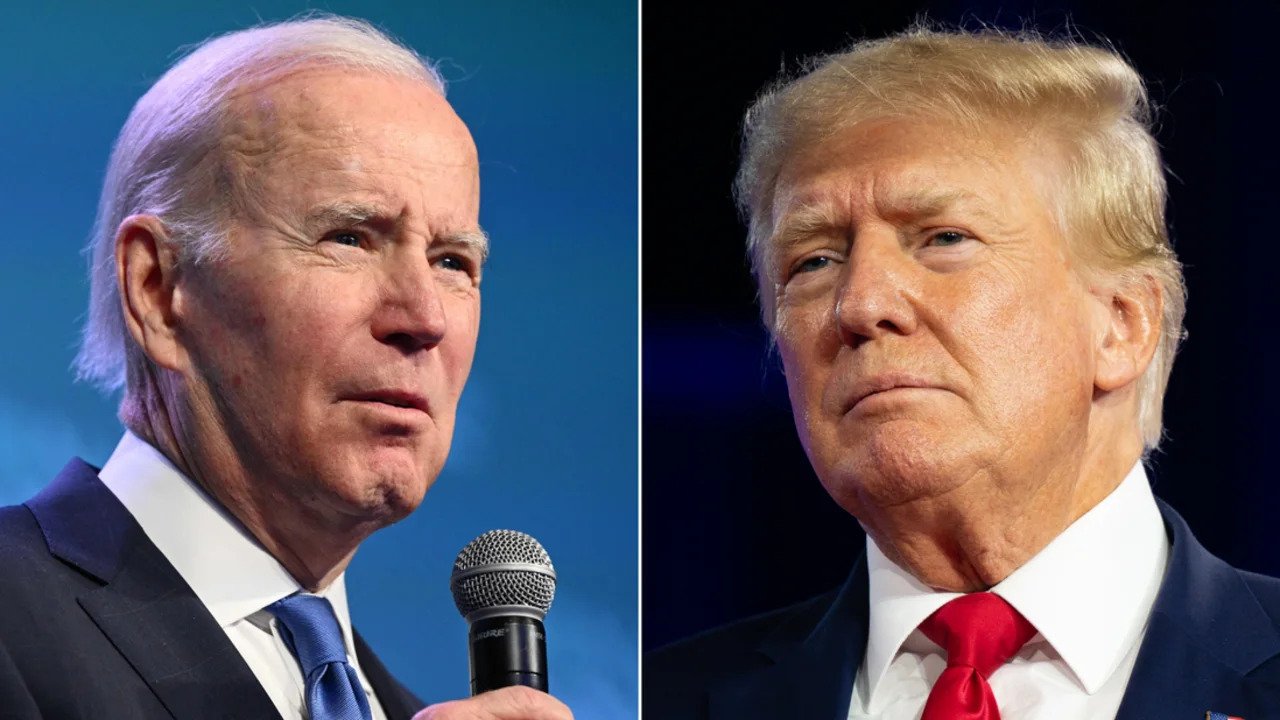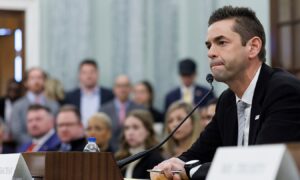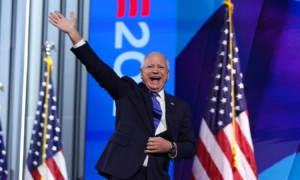Few things are more thrilling for folks who write about electoral, or “horse race,” politics than an intriguing presidential primary season.
Occasionally, both Democrats and Republicans cooperate by engaging in exciting fights for party nominations (see 2008). However, voters from both parties can quickly cluster around front-runners (see 2000).
A glance at the existing dynamics in both parties suggests that the primary cycle in 2024 could be one of the most, if not the most, uninteresting in the last 50 years.
Nothing is written in stone. Things can change when you least expect them to, yet it’s difficult to ignore the existing situation.
Let’s start on the Democratic side, where President Joe Biden is likely to declare his reelection bid as early as Tuesday. Since 1980, no incumbent president has lost a state primary (where he was on the ballot).
Biden does not appear likely to break that record at this time. He hasn’t drawn a credible rival, according to most criteria. Marianne Williamson and Robert F. Kennedy Jr. have never been elected to public office. During her 2020 presidential campaign, Williamson received no traction. Kennedy promotes outdated conspiracy theories about vaccination safety and seeks support from a largely immunised electorate against Covid-19.
So far, polling indicates that Biden has a significant lead over Williamson and Kennedy.
Perhaps more importantly, few Democratic elected figures have expressed anything other than support for a Biden candidature in 2024. This is critical for several reasons.
First, primary endorsements are as good a predictor of primary success as polling is at this moment.
Second, Democratic primary voters have told pollsters that they are willing to listen to a genuine challenger to Biden. After all, the president would be 82 years old at the start of a prospective second term.
However, as Billy Preston famously sang, “nothing from nothing leaves nothing.” That hypothetical polling result means nothing if no one from the party’s base runs.
Biden’s high approval rating among Democrats is comparable to that of previous incumbents who easily won reelection. So Democratic voters aren’t going to be kicking and screaming if they have to back Biden for another term.
On the Republican side, former President Donald Trump is in his strongest position to win the GOP nomination in a long time.
I’m not aware of a single recent credible national or early-voting-state survey that shows Trump with anything less than a “big league” lead over both declared and potential 2024 opponents. In national polls, he consistently ranks around 50%.
This 50% threshold is critical since it is quite rare for someone to poll at that level at this early stage and not win the nomination. In 1996, Bob Dole, George W. Bush, Al Gore, and Hillary Clinton were the only candidates running in incumbent-free primary who polled close, at, or above 50% in early national polling.
All four were able to secure the nominations with relative ease, with Clinton being the only one who lost more than a few primary contests.
You have to look at primaries featuring incumbents to see someone polling like Trump now and then lose the party nomination. Ted Kennedy lost the Democratic primary to President Jimmy Carter in 1980, although polling well ahead of him at the time.
It’s likely that because Trump is the only former president to openly seek the presidency in over 80 years, early national polling signifies less than usual.
Trump, though, has more going for him than national polls. For one thing, his early-state polling looks better than it has in a long time. In a hypothetical Granite State GOP primary, he leads Ron DeSantis by 20 points, according to a University of New Hampshire survey released last week, after trailing the Florida governor by 12 points in January.
This polling is backed up by something Trump lacked when he first ran for president in 2015: endorsements from elected officials. Trump did not receive his first from a governor or a member of Congress until after winning his first primary fight during the 2016 election cycle.
Trump has already received over 60 endorsements from governors and members of Congress this time around. Candidates with comparable governor and congressional support at this time in the cycle have all gone on to win their parties’ nominations since 1980.
What Trump has done in Florida is really spectacular. If DeSantis decides to run, he will be Trump’s most formidable challenger by far. In average national and early-state polling, he is the only candidate polling in the double digits.
Nonetheless, Trump has already received endorsements from the majority of Republicans in Florida’s US House delegation. Some of the endorsements are unsurprising (for example, Rep. Matt Gaetz). Some are well-known, such as Rep. Byron Donalds, who introduced DeSantis during his reelection victory celebration in 2022.
Trump, like Biden, appears to have two things working for him: a sizable number of Republican voters and the party’s support. If those two had been pitted against each other, the main season would have been lot more fascinating.
So, unless something changes, the incumbent president and the man he followed face a recipe for primary victory.









